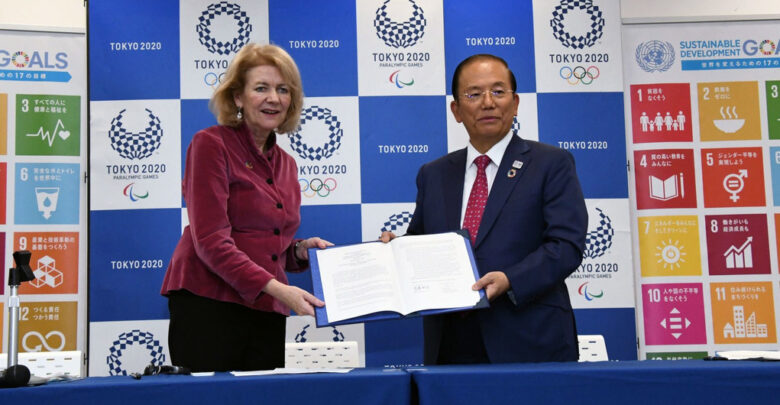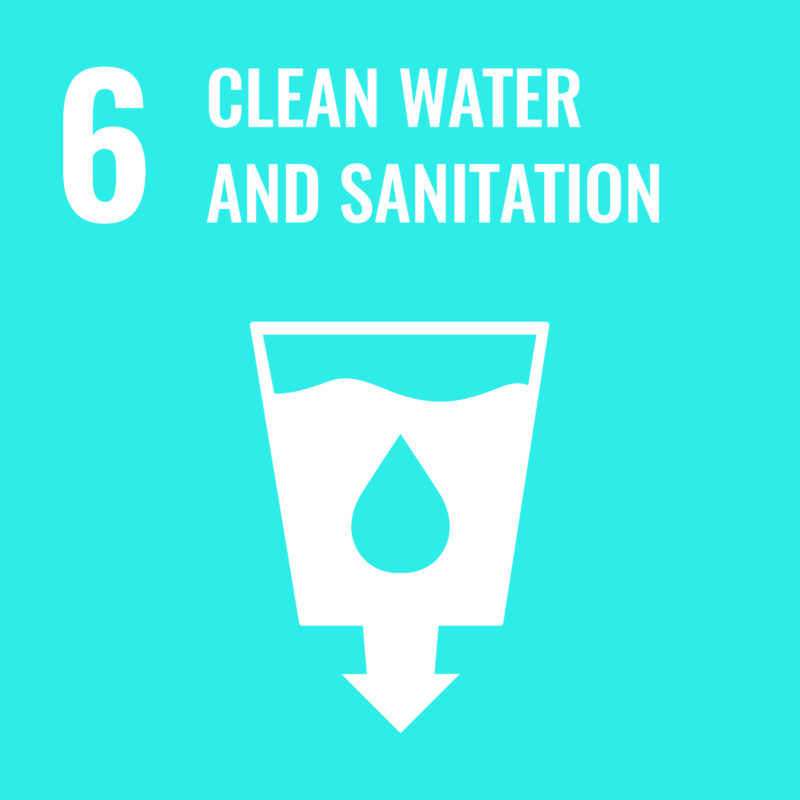
To celebrate the 17 days of competition at the Olympic Games Tokyo 2020, each day we will celebrate the power of sport and its influence in relation to each of the 17 Sustainable Development Goals (SDGs).
Today is dedicated to Goal 6: The six “outcome-oriented targets” of SDG 6 include: Safe and affordable drinking water; end open defecation and provide access to sanitation and hygiene, improve water quality, wastewater treatment and safe reuse, increase water-use efficiency and ensure freshwater supplies, implement IWRM (Integrated water resources management), protect and restore water-related ecosystems. The two “means of achieving” targets are to expand water and sanitation support to developing countries, and to support local engagement in water and sanitation management
- Sport can be an effective educational platform for disseminating messages on water sanitation requirements and management. Educational messages regarding sanitation and hygiene can be transmitted through sport programmes.
- Sport and sport facilities can contribute to targets on water and sanitation by respecting standards and recommendations.
- Access to adequate and equitable sanitation and hygiene for all can be enhanced through sport settings such as sport facilities adequately equipped to this end. Water-use efficiency can be increased in the sport sector, particularly in sport facilities.
- Improvements in water quality by reducing pollution, dumping and wastewater can be promoted and realized in sport contexts such as aquatic and other sport events.
- Sport can raise awareness on the importance to limit or ban single-use plastic and micro- beads and develop campaigns and initiatives to educate and change the behaviours of spectators and consumers.
Click here for a list of examples of how sport addresses the SDG 6
Source: https://sustainability.sport/sdg-6-clean-water-and-sanitation/







